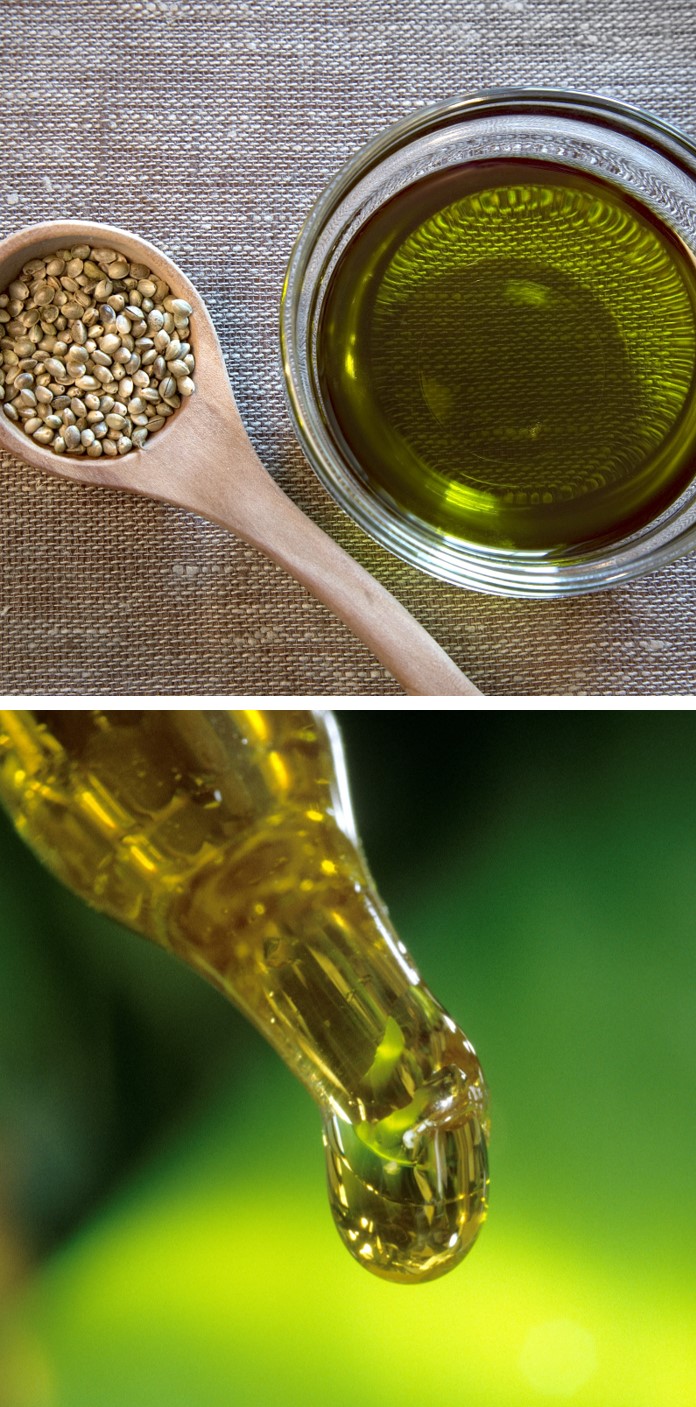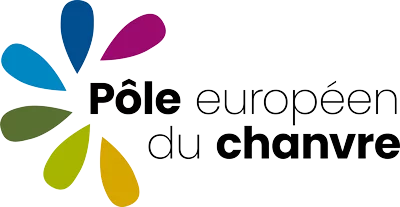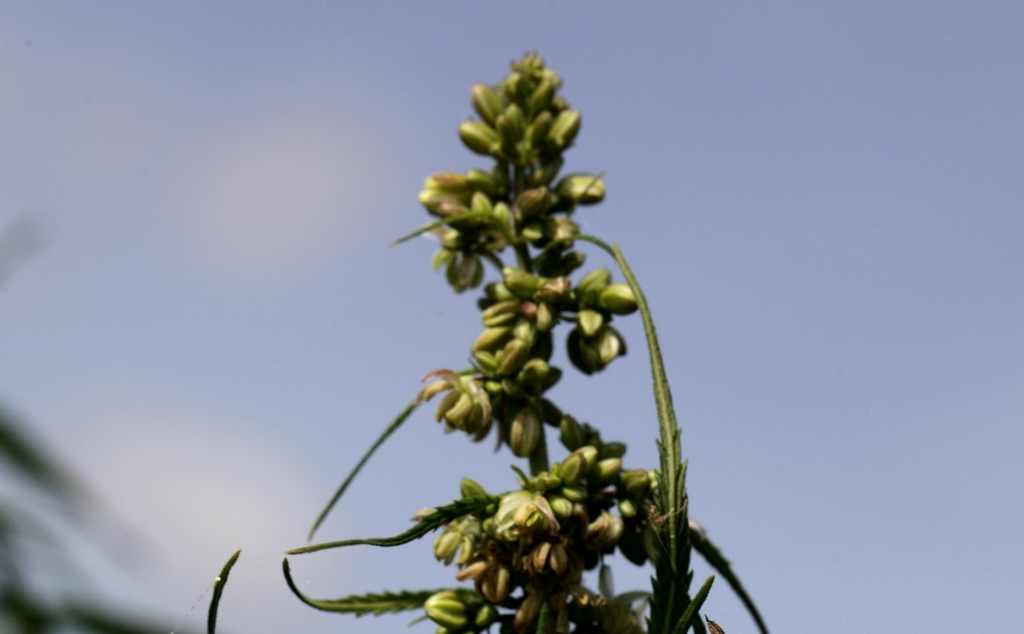The hemp seed represents 11% of the total weight of the plant and 21% of its economic value*. Whole, hulled, in oil, flour, or protein, hemp seed is used in several forms. It is valued through the animal feed market for poultry and fishing (84% of its market share*), the human food market (15% of its market share*) and the cosmetics market (1% of its market share*).
*Source : InterChanvre
Uses and benefits of hemp seed
The hemp seed has real nutritional benefits English translation: Rich in protein (about 25% on the whole seed and 30% on the hulled seed), it also contains the 8 essential amino acids necessary for good health and an excellent Omega 3/Omega 6 ratio close to the recommendations of the National Nutrition Health Program (NPHP) (about 4 for an ideal ratio of 5). Hemp seeds are also a good source of minerals such as magnesium, iron, zinc, potassium, calcium, etc. These characteristics make them an excellent source of vegetable protein and an oil with a very interesting profile thanks to its content in essential fatty acids (Omega 3/Omega 6) and tocopherol (vitamin E). All these qualities make hemp seeds a product to be integrated into our daily lives!
Hemp in our diet and in our cosmetic products

In human nutrition, hemp seeds are used hulled, in oil, in flour or in protein. Hemp flour and protein are obtained from hemp cake (solid residues obtained after oil extraction) It is then dried and then ground. Hemp seeds represent an excellent alternative to animal products. The possibilities are endless: oil or seeds in our salads or more elaborate products such as bread, biscuits, cereal bars, chocolate, teas, milk, butter, steaks, nuggets, etc., we can do anything with hemp… and creativity!
Even if demand is currently higher in the human food market, hemp oil is also used in the cosmetics market thanks to its many properties. This oil, rich in Omega 3, Omega 6 and vitamin E, protects, strengthens and soothes the skin thanks to its strong moisturizing power. The amino acids contained in hemp seeds also have anti-inflammatory properties that help to soothe redness and irritation.
Today, we can find hemp food and cosmetic products on the French market in some specialized stores and aisles or from local companies such as Grains de Nature, Chanvr’reel, V21 Be Cannavore, Les Chanvres de l’Atlantique, Chanvria etc.
Growing demand
As with other hemp co-products, demand from manufacturers for hemp seeds is growing. The challenge is to be able to meet this demand from the production and area side.
The global hemp seed market is dominated by Canada and Asia. In France, the seed market is more fragmented, less industrialized and more focused on short-circuit production. This is explained by the choice of countries to turn to one approach rather than another. Traditionally, France has valued straw and has therefore had a comprehensive approach to hemp for a very long time. Industrial tools and markets have been developed with the objective of full plant valorization, which is not the case in other parts of the world, such as Canada or Asia, which have a more specialized approach.
Organic or conventional hemp?
Today, there is a strong demand for organic hemp seeds. Indeed, hemp fits very well into an agroecological approach and short circuit. This approach is often consistent with organic approaches. However, it is important to note that conventional hemp has the advantage of presenting no trace of pesticides at a lower price than organic.
In both cases, the product’s reputation and its benefits remain to be developed, in a context of agricultural and food transition that gives pride of place to plant proteins.

Thank you to Laurie BLANCHECOTTE, Marketing and Sales Manager at La Chanvrière, and Marie-Laure MOREAU, Hemp Seed Market Manager at La Chanvrière, for answering our questions to help us with the realization of this article.


